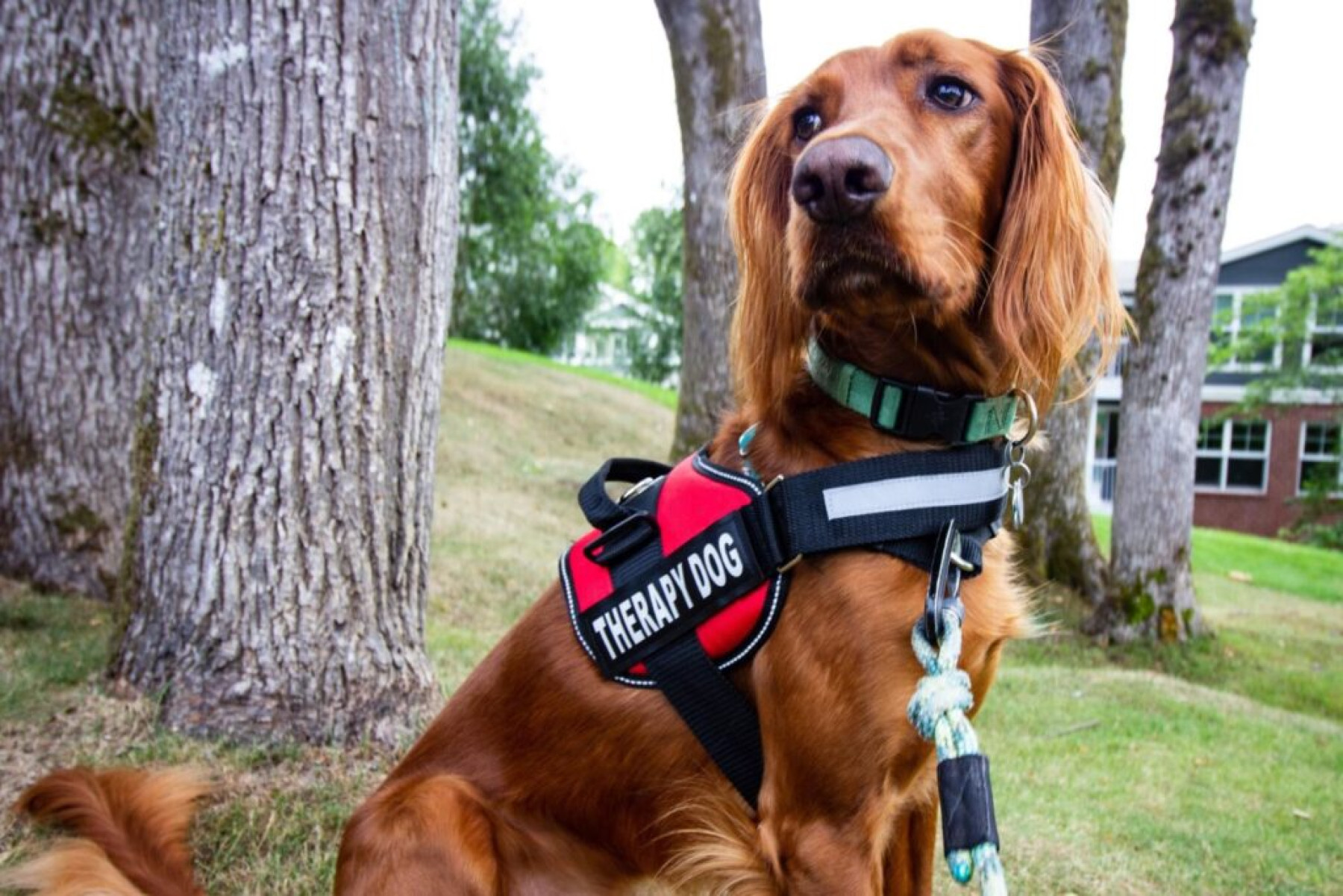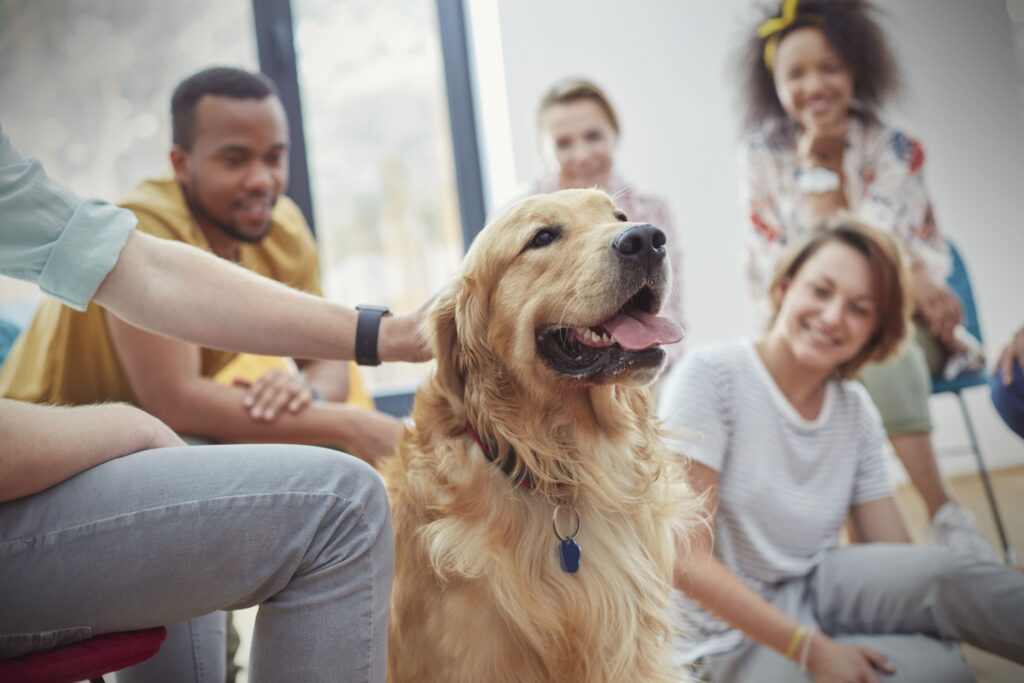In the heart of Southern California, Pet Friendly Rehab recognizes that pets play a crucial role in the lives of many individuals undergoing recovery. Whether it’s an inpatient program, detoxification, or an intervention, the well-being of both clients and their furry companions is paramount. This article explores essential aspects of pet healthcare and emergency preparedness, ensuring that both you and your pet are ready for any situation during the rehab journey.
The Importance of Pet Healthcare in Rehab
Understanding the Emotional Bond
The bond between individuals and their pets can significantly impact recovery outcomes. Studies show that pets can provide emotional support, reduce stress, and foster a sense of responsibility. At Pet Friendly Rehab, we understand that including pets in the recovery process can enhance the therapeutic experience, making it essential to prioritize pet healthcare.
Regular Veterinary Check-Ups
Before entering rehab, ensure your pet has a recent veterinary check-up. This includes vaccinations, parasite prevention, and a general health assessment. Keeping your pet healthy during your treatment is crucial. Pet Friendly Rehab offers resources and recommendations for local veterinarians who understand the unique needs of pets in recovery.
Nutrition and Exercise Needs
Proper nutrition and regular exercise are vital for your pet’s well-being. During rehab, ensure you maintain a routine that includes nutritious meals and adequate physical activity. Here are some key points to consider:
- Balanced Diet: Discuss your pet’s dietary requirements with a veterinarian. Specific nutritional needs may arise based on age, breed, and health status.
- Exercise Routines: Schedule daily walks or playtime. Physical activity not only keeps your pet healthy but also provides a sense of normalcy.
Emergency Preparedness for Pets in Rehab
While undergoing treatment at Pet Friendly Rehab, it’s crucial to be prepared for emergencies that may affect you and your pet. Here are some guidelines to ensure you are ready for unexpected situations.
Create a Pet Emergency Plan
An effective emergency plan is a cornerstone of pet healthcare. Here’s how to create one:
- Identify Safe Locations: Know where you can take your pet in case of emergencies, such as natural disasters or health crises.
- Emergency Contacts: Compile a list of emergency contacts, including veterinarians, pet sitters, and nearby pet-friendly shelters.
- First Aid Kit: Prepare a pet first aid kit containing essential items such as bandages, antiseptic wipes, and any medications your pet may require.
Evacuation Preparedness
In the event of an emergency that requires evacuation, having a plan in place can save time and reduce stress:
- Pet Carrier: Ensure you have a sturdy pet carrier or leash readily available for quick transport.
- Essential Supplies: Keep a bag with food, water, medications, and any other necessary supplies to sustain your pet for at least three days.
Training and Socialization
Training your pet for emergency situations is equally important. Basic commands like “sit,” “stay,” and “come” can be invaluable during emergencies. Regular socialization with different environments and people can also help your pet adapt to unexpected changes.
Integrating Pets into the Recovery Process
At Pet Friendly Rehab, we recognize the therapeutic value pets bring during the recovery process. Here’s how to integrate pet care into your rehabilitation journey.
Structured Pet Care Routine
Establishing a structured routine that includes your pet can aid in maintaining focus on recovery goals. Consider the following:
- Daily Walks: Incorporate walks into your daily schedule. This not only provides exercise for your pet but also promotes mindfulness and stress relief for you.
- Bonding Time: Set aside specific times each day to spend quality time with your pet. Activities such as grooming or playing can strengthen your bond.
Utilizing Pet Therapy Programs
Many rehab facilities, including Pet Friendly Rehab, may offer pet therapy programs. Engaging with trained therapy animals can enhance emotional healing and provide comfort during challenging times.
Communicating with Staff
If you’re in an inpatient program, maintaining open communication with the staff at Pet Friendly Rehab about your pet’s needs is crucial. Ensure they are aware of any specific care routines or requirements your pet has, including feeding schedules, medications, and exercise routines.
The Role of Pets in Relapse Prevention
Having a pet can also play a significant role in relapse prevention. Pets provide emotional stability and companionship, making the recovery process more manageable. Here are a few ways pets can help:
Emotional Support
Pets are known for their unconditional love and loyalty. Their presence can alleviate feelings of loneliness or anxiety that may arise during the recovery process.
Creating Accountability
Caring for a pet instills a sense of responsibility. This accountability can motivate individuals to stay on track with their recovery goals, as they know their pet relies on them for care and companionship.
Encouraging Healthy Habits
Owning a pet encourages individuals to engage in healthy habits such as regular exercise and social interaction. Whether it’s taking your dog for a walk or attending pet-related events, these activities can contribute positively to your overall well-being.

Resources for Pet Healthcare and Emergency Preparedness
Local Veterinary Services
At Pet Friendly Rehab, we can connect you with reputable local veterinary services to ensure your pet receives the best care. Look for veterinarians who offer specialized services for rehabilitation and wellness.
Pet Insurance Options
Consider investing in pet insurance to cover unexpected health expenses. Understanding your options can alleviate financial stress related to your pet’s healthcare during your rehabilitation process.
Community Support
Engaging with the local pet community can provide additional support. Joining pet groups or attending local events can help you build a network of fellow pet owners who can share resources and advice.
FAQ Section
1. Can I bring my pet to rehab at Pet Friendly Rehab in Southern California?
Yes, Pet Friendly Rehab allows you to bring your pet during your stay, recognizing the therapeutic benefits of having your furry companion nearby.
2. What type of pet healthcare services do you provide?
We offer guidance on veterinary services and recommend local veterinarians who specialize in pet wellness during your rehab journey.
3. How can I prepare my pet for my time in rehab?
Ensure your pet is healthy with a recent veterinary check-up, maintain their diet and exercise routine, and create an emergency plan in case of unforeseen circumstances.
4. What should I include in a pet emergency preparedness kit?
Your kit should contain food, water, medications, a leash, a sturdy carrier, and basic first aid supplies like bandages and antiseptic wipes.
5. How do pets help in the recovery process?
Pets provide emotional support, promote accountability, and encourage healthy habits, all of which can significantly enhance the recovery experience.
6. Are there structured pet care routines during rehab?
Yes, Pet Friendly Rehab encourages structured routines that include daily walks and bonding time to help integrate pet care into your recovery process.
7. What if I don’t have a pet but want to experience the benefits of pet therapy?
We offer pet therapy programs that involve interacting with trained therapy animals, providing the emotional benefits of pet companionship without the responsibility of pet ownership.
8. Is pet insurance recommended during rehab?
Yes, having pet insurance can alleviate financial concerns related to unexpected pet health issues during your rehabilitation process.
Conclusion
Incorporating pets into the rehabilitation process at Pet Friendly Rehab in Southern California offers numerous benefits for individuals in recovery. By prioritizing pet healthcare and emergency preparedness, you can create a nurturing environment for both yourself and your furry companion. Whether through routine check-ups, emergency planning, or integrating pet care into your daily life, taking these steps will enhance your rehabilitation experience and support your journey toward lasting recovery.
For more information on our inpatient, detox, and intervention services, and to learn how we can support both you and your pet, please visit our website or contact us directly. At Pet Friendly Rehab, we’re committed to helping you heal—together with your beloved pets.



